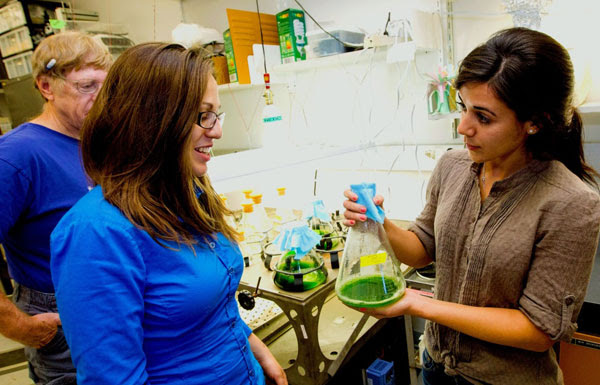St. Dominic Energy Interns
Hourly rate: $10.00
Hours: 100 hours
Description:
Two or more interns to work with the St. Dominic Environmental Care Team and 5th grade teacher to support the CERTs project “Communicating our Progress on Clean Energy”.
Week of February 2-6, 2016 from 9-11am.: Support the 5th grade energy audit of St. Dominic school.
Photos of audit teams.
Help with spreadsheets of energy uses in each school room and classroom.
Help with identifying energy use of each item using kill-o-watt meters.
Help students write a report of their energy findings.
Assist students in understanding basic concepts ( watt, kilowatt, carbon footprint).
Monday or Tuesday afternoons 1:30-2:30pm –
Help with presenting discussing energy topics – what is a carbon footprint, what is the effect of CO
2 on our earth, what is our energy use.
Assist students in writing a report on a weekly topic.
Write a monthly newspaper article using a student’s report as the base.
Assist students in understanding basic concepts ( watt, kilowatt, carbon footprint).
April 30-May 1 weekend – Energy Fair
Assist students with creating a poster or presentation of an energy topic.
Assist 5th grade teacher in setting up an Energy Fair presentation for parent’s night.
Assist 5th grade teacher in setting up the Energy Fair presentation at church.
Assist with the Energy Fair during the April 30-May 1 weekend before and after Masse.
Contact Kelly Maroney at kellymaroney@schoolofstdominic.org to ask questions or apply.
